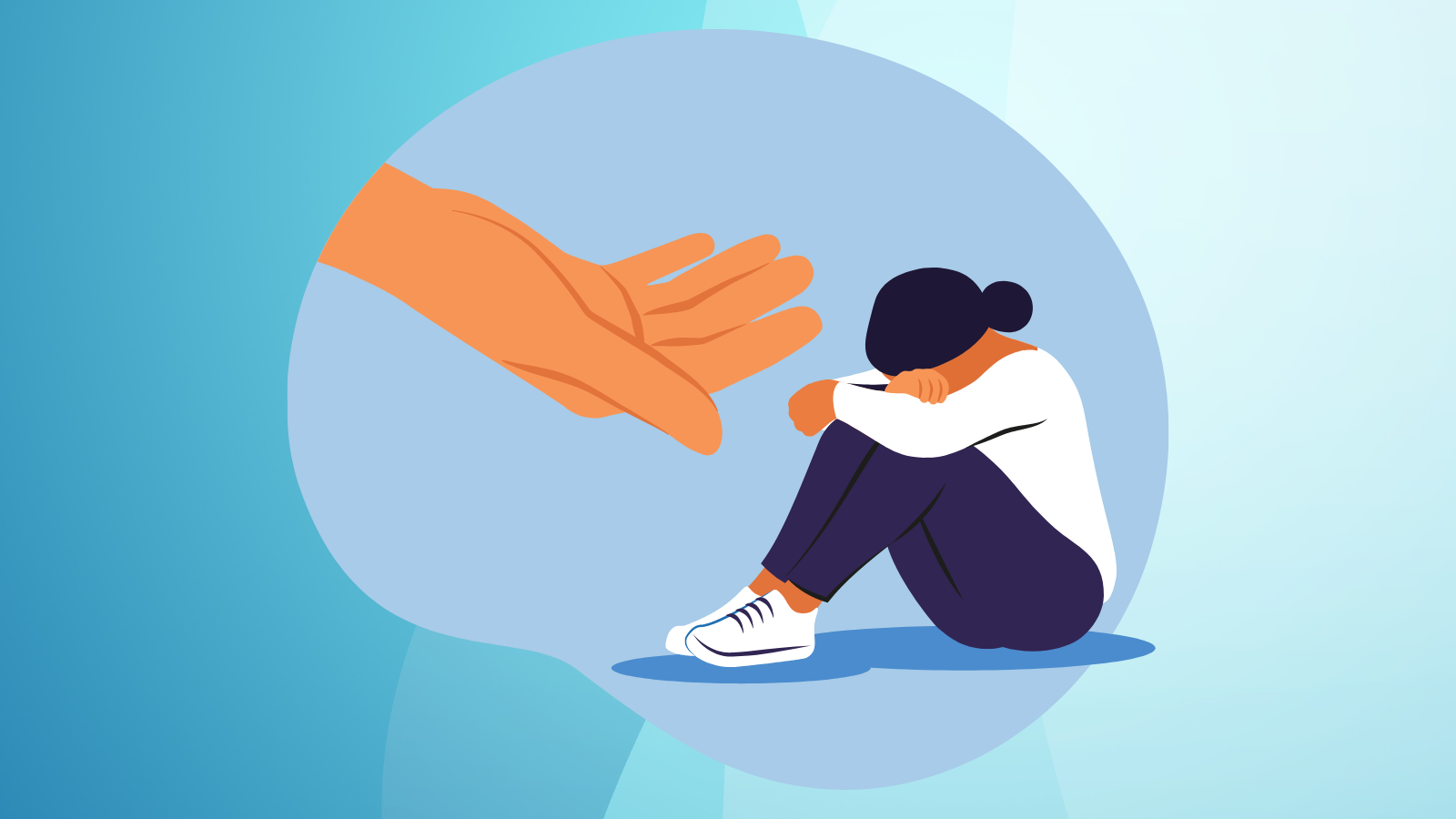The Empathy Deficit : When Did We Stop Feeling For?
Look around—do you see a lack of understanding out there? We’re seriously struggling to empathize with our fellow humans these days. Empathy, you know, that ability to put yourself in someone else’s shoes and feel their emotions? Yes, let’s talk about this empathy thing that’s been buzzing around lately. Empathy is like the secret sauce that makes human connections taste so good. Without it, weld all be wandering around like emotionally constipated robots, unable to understand or relate to each other’s struggles. It is the ability to understand and share the feelings of another person.
But where’s the empathy at? Whether it’s their race, religion, income bracket, or lifestyle, we’re so quick to judge and say, “They’re not like me” instead of trying to hear their perspective.
Then there’s the massive lack of empathy around mental health issues. Depression, anxiety, PTSD—that’s not made-up stuff. Those are legitimate medical conditions that require real care and compassion. But nope, weld rather tell people to “suck it up” or say, “It’s all in your head.” How messed up is that? Even personality types like introverts can’t catch a break. If you’re not an outgoing social butterfly, constantly being pushed to come out of your shell and be “less shy,” your needs get overlooked. Maybe we’re just wired to crave more low-key, minimally stimulating environments—nothing wrong with that.
The current generation of young people has a perceived empathy deficit that experts believe may be contributing to alarming rises in mental health problems like depression, anxiety, and loneliness. Studies indicate today’s digital-native youth struggle more with empathy compared to previous generations. An analysis by the University of Michigan found that college students scored 40% lower on measures of empathy in 2010 versus those in the late 1970s.
Another study of almost 14,000 college students across the U.S. found their ability to perceive and relate to others/ points of view had been diminishing over the past couple of decades.
Experts emphasize that empathy should be a core focus in prevention efforts. “Teaching empathy to this generation could be key to saving lives,” says Dr. Melissa Flicker, an adolescent psychologist. School programs, digital literacy education, and more face-to-face socializing are recommended to foster these important perspective-taking and relationship-building skills. The way to mend distances between people is to bridge gaps in understanding. If we want a more just and compassionate world, empathy has to be the priority. That means getting sincerely curious about perspectives different from our own. Ask questions, really listen, and expose yourself to firsthand accounts of challenges you’ve never faced yourself. Yes, it’ll push you out of your comfort zone – that’s the point.
So, to all my fellow human beings in the new generation, let’s embrace empathy like it’s the hottest new trend. Our society will become more just, compassionate, and united when we prioritize empathy. Empathy isn’t something we’re born with; it’s a habit we practice. And from where I am standing, we as a society could use a heavy dose of those empathy reps. The only way to bridge divides is to first bridge the gaps in understanding between us. Who’s with me?

